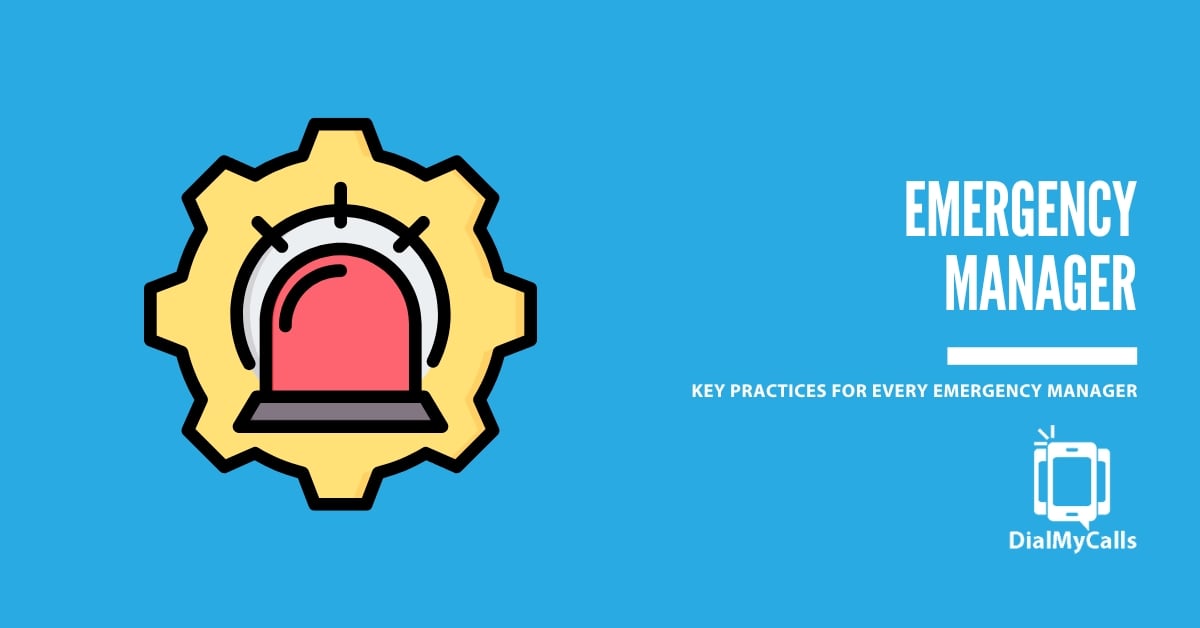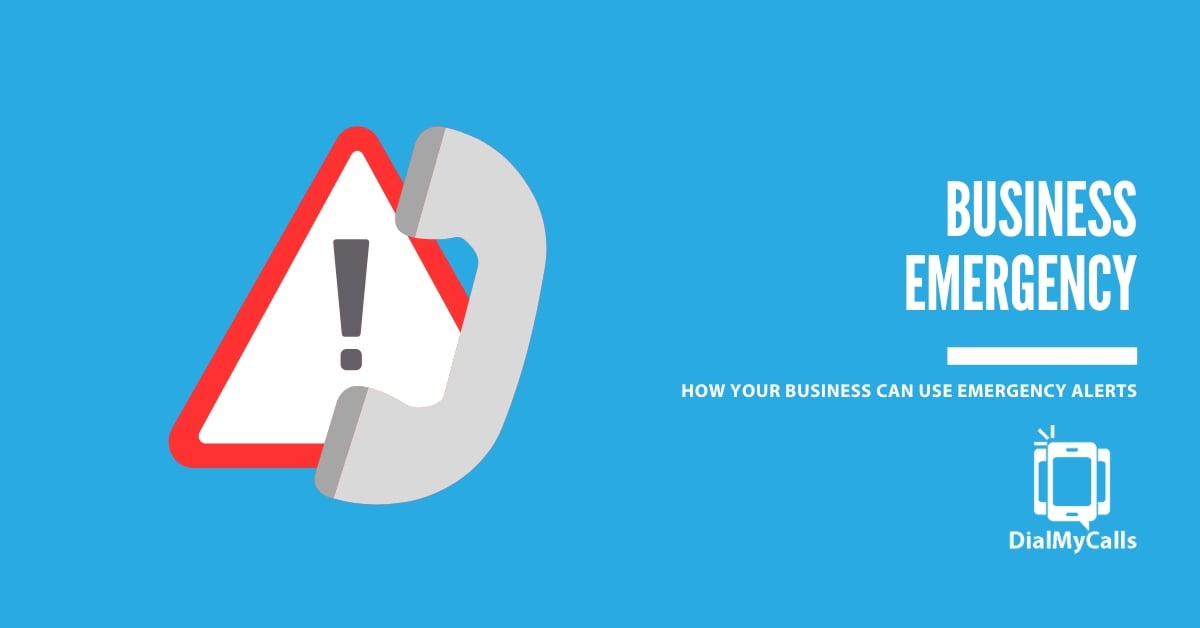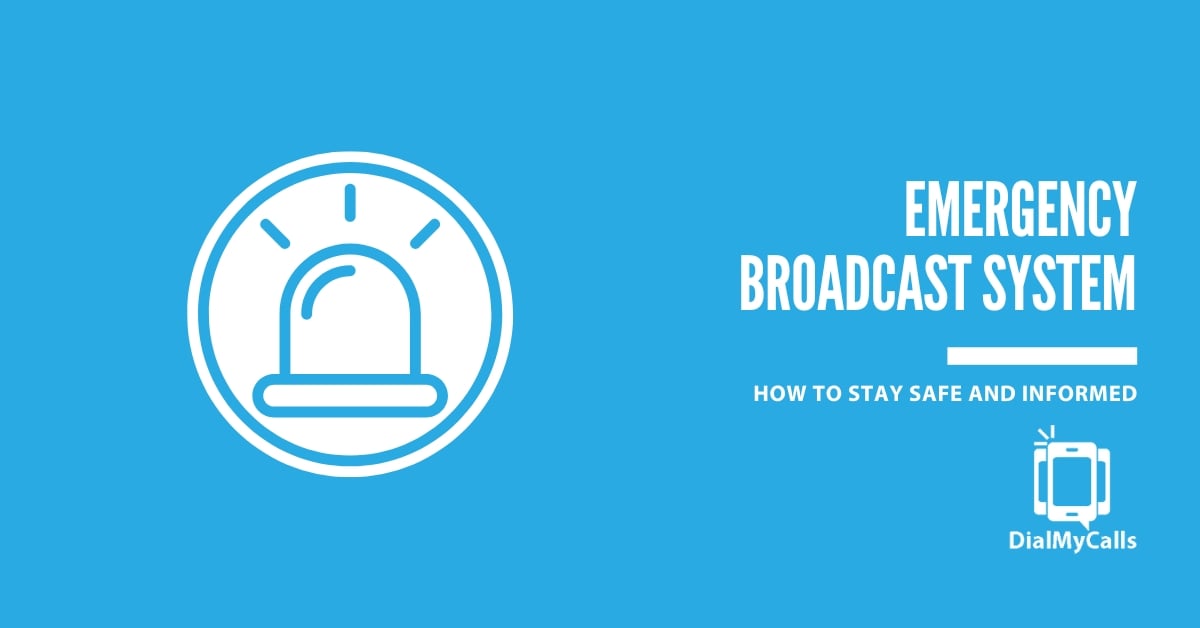Author
Tim Smith is the Media Manager at DialMyCalls, where he has leveraged his expertise in telecommunications, SaaS, SEO optimization, technical writing, and mass communication systems since 2011. Tim is a seasoned professional with over 12 years at DialMyCalls and 15+ years of online writing experience.
Try Using DialMyCalls Right Now
Start For FreeRecent Posts
- What are SMS Carrier Fees and How to Lower Your Costs
- 8 Creative SMS Marketing Ideas to Boost Engagement This Summer
- 15 Ways to Use QR Codes For Event Promotion & Attendee Engagement
- Top 6 Automated Calling Service Providers For Your Business
- Boost Customer Experience with QR Codes: From Menus to Payments
Categories
“I am a youth minister and have spent hours in the past calling students individually to remind them of an upcoming event or to get out an urgent announcement. With DialMyCalls.com, I cut that time down to about 1 minute. I also love how I can see exactly who answered live and how long they listened so I know if they heard the whole message. DialMyCalls.com is the best website I have stumbled upon all year! Thanks!”
Central Baptist Church
Try Using DialMyCalls Right Now
Start For FreeTop 6 Worst Wildfires in U.S. History
Posted by Tim Smith in Emergency Notification on January 15, 2020
Updated on November 18, 2024
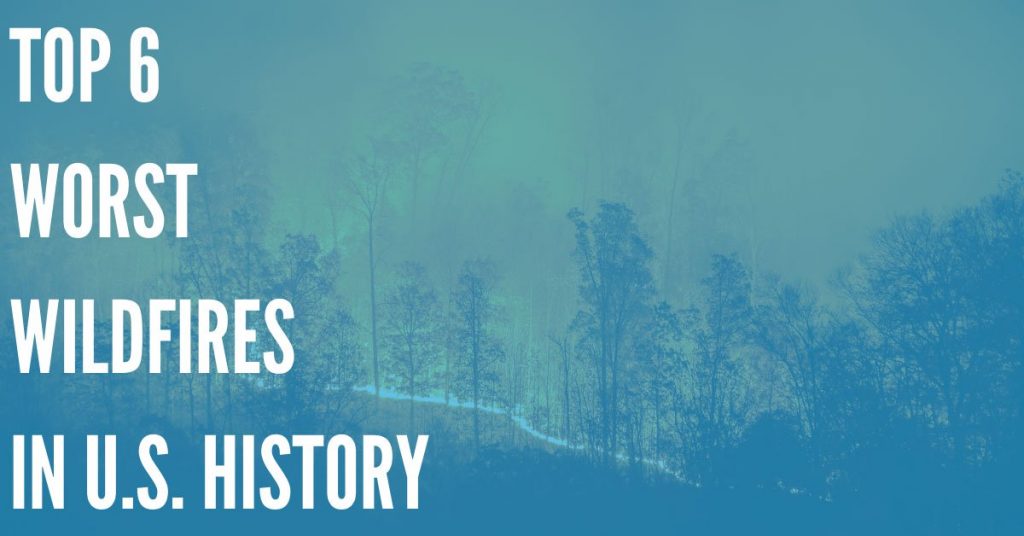
What are the worst wildfires in U.S. history?
In the past few weeks, wildfires have been devastating Australia. Recent counts say that there have been at least 25 human casualties. Over half a billion animals have been killed in the flames. Americans watching from afar may be wondering how this compares to the worst wildfires in their own country.
Death tolls from large fires only started being recorded in 1871. So, it’s difficult to know how deadly fires were in the first century or so of American independence. However, the top five worst recorded wildfires in U.S. history all happened over a century ago.
The sixth most deadly, though, is much more recent.
Here, we explain the six worst wildfires in U.S. history. We also discuss what you can do to keep yourself and others safe when a fire breaks out.
1. The Peshtigo Fire (1871)
The Peshtigo Fire is the deadliest recorded fire in all of U.S. history, responsible for between 1152 and 2500 deaths. The fire occurred the same day as the Great Chicago Fire and two other relatively large fires. Because of this, it did not receive much media coverage at the time.
The Peshtigo Fire began as a controlled burn and became a firestorm when the wind blew it out of control. In the end, over 1875 acres of forest had burned, an area about 150% the size of the state of Rhode Island.
2. The Cloquet Fire (1918)
The Cloquet Fire was originally a group of several small fires, some started by sparks from a railroad track landing in dry grass. These small fires eventually combined to form one large fire that burned over 250,000 acres of land and killed over 450 people.
Even including explosions and other man-made fire disasters, the Cloquet fire is the sixth most deadly fire-related event in U.S. history.
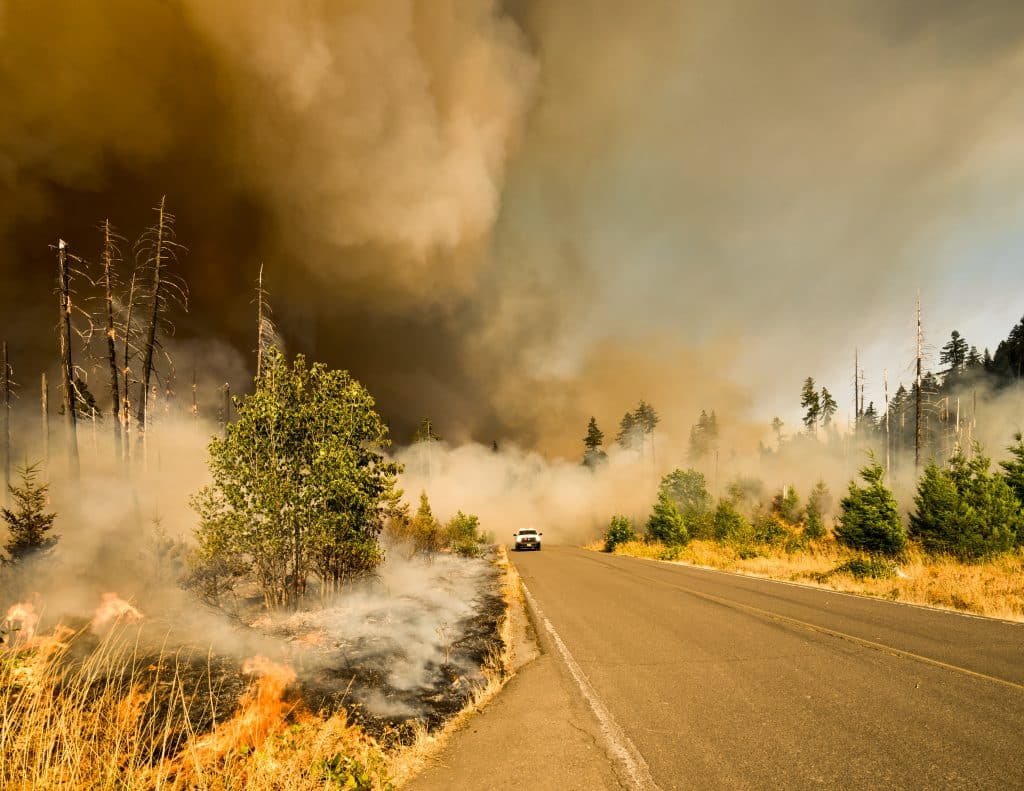
3. The Great Michigan Fire (1871)
The Great Michigan Fire occurred around the same time as the Peshtigo Fire in October of 1871. Like the Cloquet Fire, it was originally several small fires that combined to cover a larger area.
Because of the sheer size of the area burned and the number of people living in rural communities in the area, there is no one accurate death count. Most estimate that about 500 people were killed by the Great Michigan Fire alone.
Many people at the time thought that it could be no coincidence that the Peshtigo, Great Michigan, and Chicago fires occurred simultaneously. This has given rise to theories including international agents and meteors, most of which have been dismissed or disproved.
4. The Great Hinckley Fire (1894)
In 1894, the Great Hinckley Fire broke out near a logging town, catching the discarded bark and branches on the forest floor and spreading quickly. The official death toll of 418 could be just a fraction of the true number of casualties. Historians believe that hundreds of native Americans in the area also perished but were not included in the official body count.
Stay Connected with Mass Notifications
Create & Send a Broadcast to Thousands in Seconds
In regards to area, the Great Hinckley Fire was responsible for nearly 250,000 acres of burnt land, the same as the Cloquet Fire almost 80 years previously.
5. The Thumb Fire (1881)
One decade after the Great Michigan Fire, the Thumb Fire broke out in the same area. The blaze, related again to a dry climate and heavy logging, took out nearly one million acres of land. It was also responsible for about 282 deaths.
The response to the devastation caused by the Thumb Fire was the American Red Cross’s first official disaster relief effort. Despite this, it left tens of thousands of people homeless.
6. The Camp Fire (2018)
One century after the Cloquet Fire, the Camp Fire broke out in California. Even with the modern, more advanced firefighting techniques, 85 people were killed and over 153,000 acres of land were burnt. It took responders 17 days to contain the blaze.
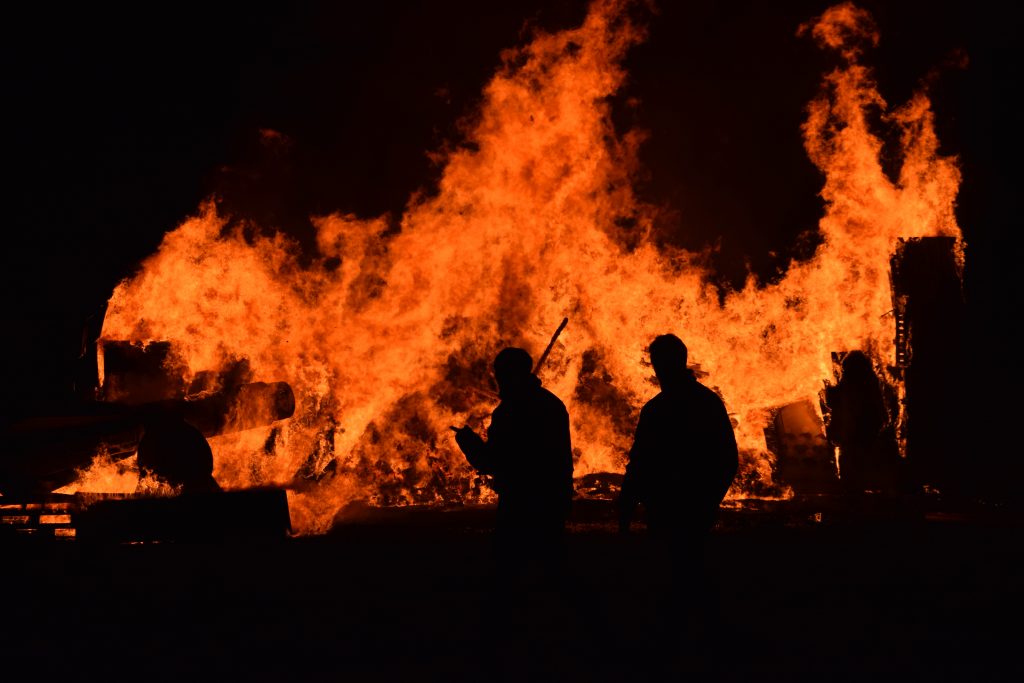
Why Is It Important That There Was a 100-Year Gap Between Fires?
Overall, wildfires aren’t any more or less prevalent today than they were even 150 years ago. The difference in casualties and even frequency have to do with climate, urbanization, and even technological advances.
For example, a fire covering such a large area is nothing new. But, the death toll is lower. This could be due in part to the increased use of cars, cell phones, and computers to both warn people of the coming danger and allow them to evacuate more quickly.
Additionally, the 1960s and 1970s saw great advancements in fire suppression techniques. The fires that did occur could be put out more quickly. These were coupled at the time with fire safety campaigns such as the one that birthed Smokey the Bear.
Over time, though, these safer conditions surrounding wildfires have led some Americans to a false sense of security and a lax sense of safety.
What Do These Worst Wildfires Mean for Americans Today?
If a wildfire is approaching, it’s important to act quickly. Automated emergency alerts such as mass text messages and voice broadcasts can help spread the message safely. The sooner people know, the sooner they can act.
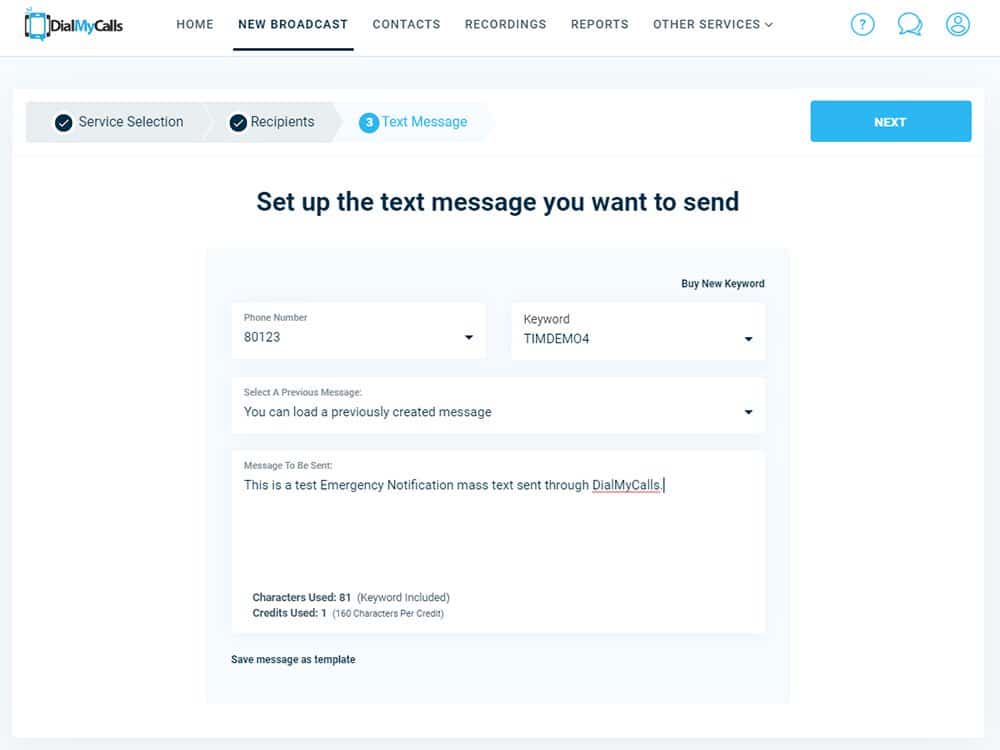
Whether it’s your church, employees, students, or sports team, automated messages can keep them safer. But knowing that fires are dangerous and real can also be important. Communicating with your people should just be one part of a full emergency preparedness plan. If you are interesting in learning more about DialMyCalls and our emergency notification system, please contact us today!
